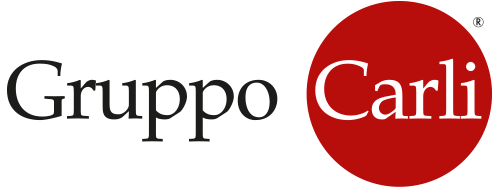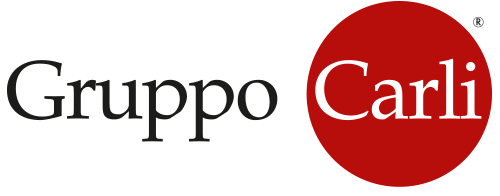Dairy farmers are well aware that careful food rationing directly affects milk production, and therefore the profitability of their farms.
For the purposes of nutritional efficiency and production optimization, knowing the precise nutritional quality and chemical composition of the raw materials used in rationing, therefore, has a strategic value for breeders and nutritionists. Furthermore, given the increasing precision introduced by rationing software, having precise data helps reduce rationing costs without sacrificing the production performance of the cows.
The fodder component forms the basis of the rationing of dairy cows, as a ruminant species which, by consuming quality gramineous and leguminous fodder, benefits from its soluble proteins, digestible fibers, simple sugars, minerals and vitamins.

Precision rationing models represent raw materials on the basis of tabular values derived from analyses often carried out on fodder from other countries or continents, and sometimes dated or incomplete.
In order to provide nutritionists with accurate technical information relating to their fodder, and to identify potential synergies between foods within rations, Gruppo Carli has collaborated with the Faculty of Agricultural, Food and Environmental Sciences of the Catholic University of the Sacred Heart of Piacenza in analysing samples of dehydrated alfalfa from the companies of the group.
In addition to the chemical analysis of routine nutritional parameters, such as protein content, acid detergent fibre (ADF) and neutral detergent fibre (NDF) fraction compositions, carbohydrates, lipids and minerals, detailed analyses were also performed on the samples to determine biological parameters such as rumen degradable protein (RDP), rumen undegraded protein (RUP) intestinal digestibility, the indigestible portion or hourly degradation of NDF, amino acid and fatty acid composition and antioxidant power.

Download the research report released by the Department of Animal Sciences and Nutrition of the Catholic University Sacro Cuore of Piacenza on the analysis carried out on Gruppo Carli’s alfalfa samples.

